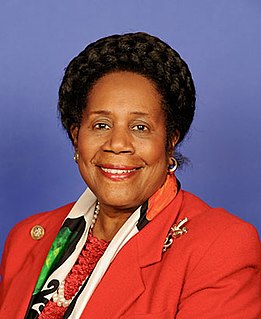A Quote by Abraham Lincoln
If by the mere force of numbers a majority should deprive a minority of any clearly written constitutional right, it might, in a moral point of view, justify revolution.
Related Quotes
From a moral point of view, it is wrong... to smear or stereotype minority communities, to pretend or give credence to the idea that the actions of a minority within a community are somehow representative or the fault of the majority of members of that community. That is the very definition of bigotry.
When a legislature decides to steal some of our rights and plans to use police force to accomplish it, what's the real difference between them and the thief? Darn little! They hide behind the excuse that they're legislating democratically. The fact they do it by a majority vote has no moral significance whatsoever. Numerical might does not constitute right, no more than a lynch mob can justify its act because a majority participated.
The computer revolution is a revolution in the way we think and in the way we express what we think. The essence of this change is the emergence of what might best be called procedural epistemology-the study of the structure of knowledge from an imperative point of view, as opposed to the more declarative point of view taken by classical mathematical subjects.
Maybe I should offer a good thanks to the distinguished members of the majority, the Republicans, my chairman and others, for giving us an opportunity to have a deliberative constitutional discussion that reinforces the sanctity of this nation and how well it is that we have lasted some 400 years operating under a constitution that clearly defines what is constitutional and what is not.
The moment a mere numerical superiority by either states or voters in this country proceeds to ignore the needs and desires of the minority, and for their own selfish purpose or advancement, hamper or oppress that minority, or debar them in any way from equal privileges and equal rights-that moment will mark the failure of our constitutional system.
Free institutions are not the property of any majority. They do not confer upon majorities unlimited powers. The rights of the majority are limited rights. They are limited not only by the constitutional guarantees but by the moral principle implied in those guarantees. That principle is that men may not use the facilities of liberty to impair them. No man may invoke a right in order to destroy it.
































